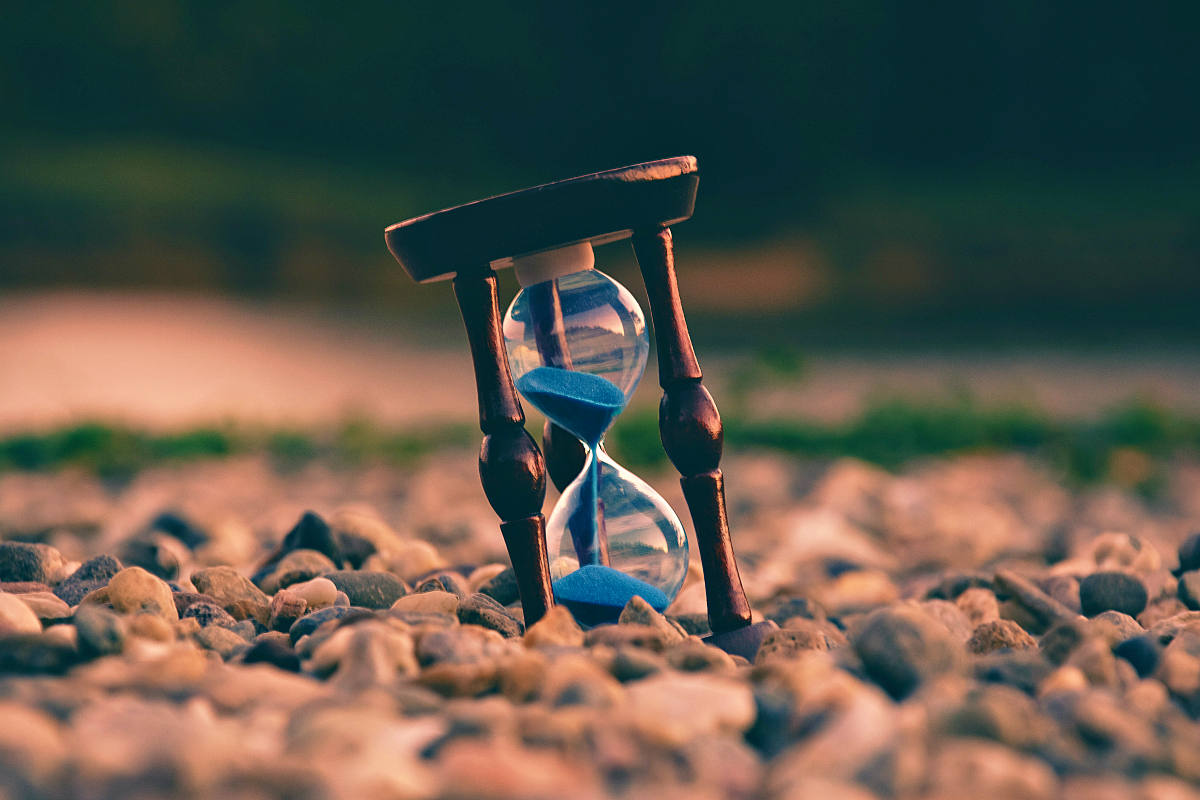Occupy Sanity Tool (OST): Patience
“Impatience can teach us the lessons of patience better.” ― Ernest Agyemang Yeboah
I was told from an early age to:
Have patience.
Be patient.
All good things come to those who wait.
And
Patience is a virtue.
I found this to be a great challenge considering that I felt more and more impatient with my lack of patience!
Perhaps part of the dilemma is that we’ve created a world of instant gratification. We have instant access to news, entertainment, and people. Whether at a drive-through restaurant or in a microwave, we can have food in an instant. We can have pain relief in a flash, thanks to a myriad of medications. While this brings us satisfaction and comfort, this way of living can increase our impatience rather than patience. The good news is that focusing on the impatience may hold the clues we need to effectively use the OST: Patience.
“When it comes to patience, we don’t have to change old habits; we can build better ones.” – Sue Bender
Roots of Impatience
The Mind Tools Content Team tells us in the article “Patience. Don’t Let Frustration Get The Better Of You“:
“Impatience has its roots in frustration. It’s a feeling of rising stress that starts when you feel that your needs and wishes are being ignored.”
As we know frustration and stress are uncomfortable. As Jennifer (founder of Contentment Questing) suggests in her article How To Master Patience – 20 Powerful Tips, that’s the feeling we need to experience in order to create more patience.
“We are very used to being comfortable. Often our brains become so used to being comfortable, we think that it’s the only state that we can endure. You actually can make it if you are a little bit uncomfortable. Often learning how to master patience involves learning how to endure some short term discomfort for long term gain.”
Making Friends With My Impatience
“The key to everything is patience. You get the chicken by hatching the egg, not by smashing it.” – Arnold H. Glasow
One way to make friends with your impatience is to increase your awareness and understanding of it by practicing mindfulness with, for example, the OSTs: STOP or Mindfulness and then asking a few questions.
To illustrate this process, I’ll share an experience I had last week.
One of the times I am most impatient is sitting in traffic. While I aim to have stress less and trouble-free drive, even with the best intentions and choices, there can be unexpected delays. On this day I decided to run errands early to avoid the heat and, as usual, the traffic. With a carefully planned itinerary, I was right on schedule when I turned a corner to come upon a line of 20 stopped cars. I joined the other drivers in watching the traffic signal tick off the seconds until it was our turn to go around the roadwork.
I felt my irritation rise as I huffed and puffed my dissatisfaction with the usual litany of ‘Great. Now I’ll never get there. I’ll be off schedule for sure. It will be so crowded, and I’ll have to wait in line, and I hate waiting in line. Ugh. Why does this always happen to me? ‘
Time to Ask 5 Questions
1. How am I breathing? Already my reaction has given me the answer. I was ‘huffing and puffing’ so I needed to regulate my breathing. I pulled out the OST: STOP (Stop, Take a Breath. Observe. Proceed.) and took three deep breaths (3 counts in 6 counts out), which began to engage my parasympathetic nervous system. Then I could ask myself:
2. Is it true that you will ‘… never get there.’ or ‘…does this always happen to…’ you? The answer was, of course, no. Then I went deeper to ask:
3. What is causing me to be impatient? I wanted to stay on schedule. I had several errands to complete and, I was afraid I wouldn’t get them done. Plus, if I didn’t get to the store before a specific time, there would be more people there. I feel aggravated that I would have to be close to more people, many of them not observing the physical distancing rules. In essence, I’m feeling uncomfortable, and in the past, I dealt with that by getting irritated, which made me impatient, which made me more uncomfortable. A vicious cycle.
Once I had identified the cause and felt it, my irritation subsided, and I could summon up the OST: Gratitude and be grateful for the fact that I was in an air-conditioned car and that I could see the front of this line. Feeling a bit less frustrated, I could ask:
4. What other options do I have? I could wait. I could shop faster. I could scream and shout. I could make a U-turn and go home, then go shopping tomorrow. With that response, I could ask myself the final question:
5. Is my objective still relevant? The answer was yes, so I began to wonder how I could make myself more ‘comfortable’ with my ‘uncomfortableness’. I remembered another OST: Perspective and decided to ‘Flip it’ and say I loved waiting in traffic because it gave me time to listen to my audiobook, which I did.
No Time For That?
“I should learn patience, it’s a shame there’s no time for that.”
― Maija Haavisto
To my delight and relief, becoming better friends with my impatience did increase my patience. Consequently, I was able to wait for my turn to go around the roadwork and navigate the grocery store with significantly less frustration.
The truth is there is time to practice the OST: Patience. I hope you’ll give this tool a try and let me know how you grow more patient.
As Ron Brackin notes:
“ Patience is a decision: to sit back rather than lean forward, to shift your weight from the balls of your feet to your heels. To settle your thoughts on now, to enjoy the journey, to give something or someone time to grow.”
Photo by Aron Visuals on Unsplash




0 Comments